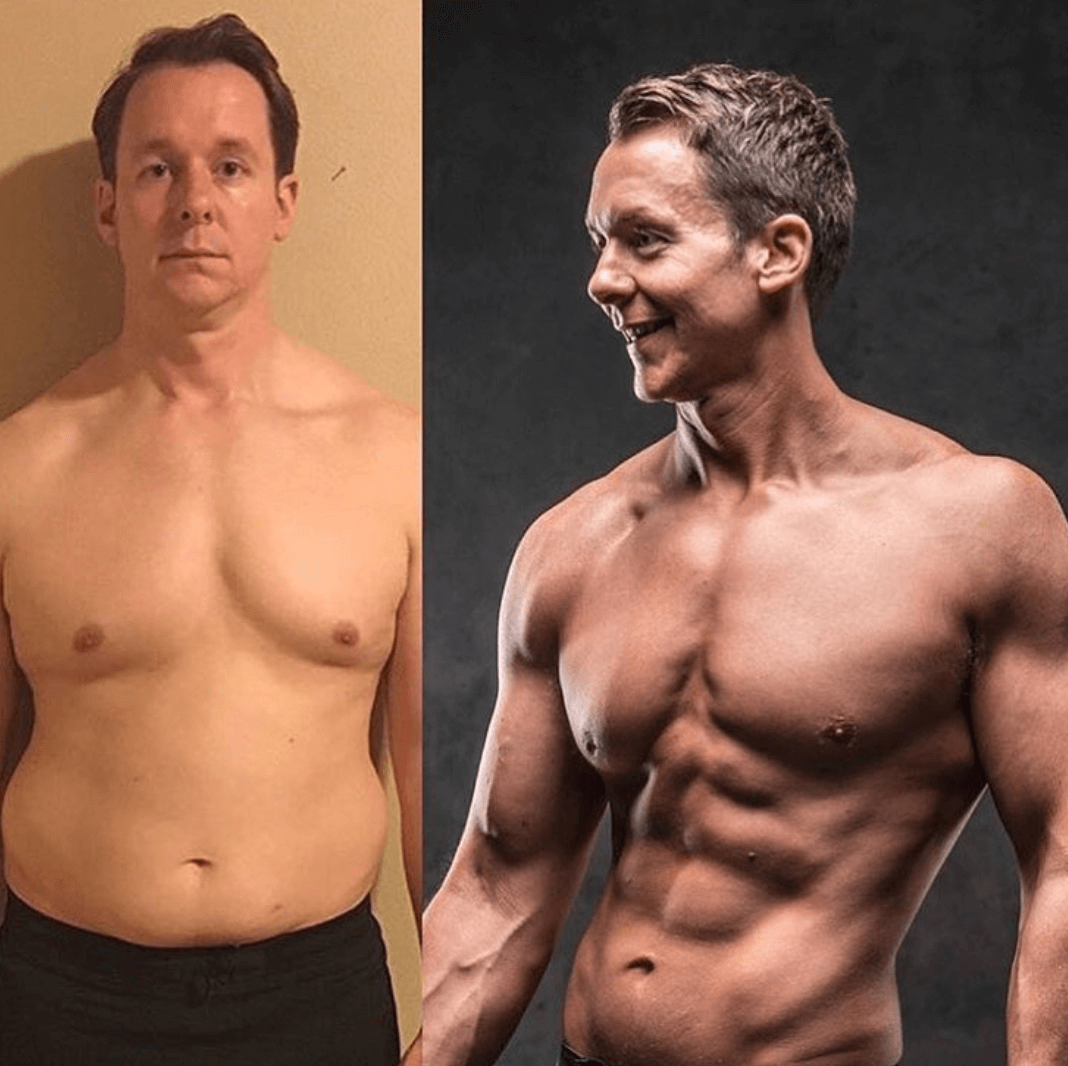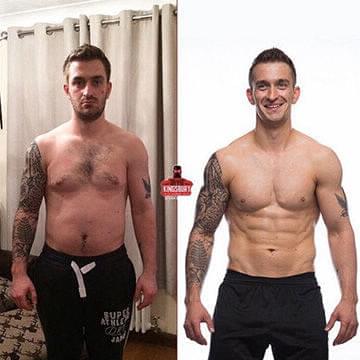There is so much food chat out there at the moment
And it’s getting kinda boring
For someone like me who has been in the business of exercise and healthy eating for over decade its easy to see who is simply jumping on the band wagon. The industry is booming but with the influx of inexperienced people the advice has got pretty sloppy.
There is a lot of debate to what is right
What is wrong
Who is right
Who is wrong
What is good and what is bad
Two of the biggest winners and losers are clean eating and calorie counting.
Both have achieved almost cult like follower and haters.
But in essence they are very simple, unexciting and tried and tested ideas.

Clean eating
This has been one of the biggest talking points lately. With anything that gets a lot of air time it naturally has it haters. Before we get into that- What is clean eating?
Clean eating, at its simplest is about eating whole foods, those that are un- or minimally processed, refined, and handled, they are as close to their natural form as possible.
Sounds pretty reasonable to me? Right?
Whilst it is now known as clean eating this for me is just a new name for the concept of eating foods that are minimally processed.
Next up calorie counting
Counting calories is the combination of tracking your calorie intake and your calorie expenditure to determine your energy balance.
Your energy balance determines changes in your weight.
If you have energy left over it is stored as fat. Whereas is your energy intake is less than your expenditure your body will use your stored energy to make up the difference.
Sounds like a fairly sound concept, wouldn’t you agree?
So why are both of these not accepted and promoted as useful tools for being fit, healthy and at the weight you should be at?
Is being overweight or obese more acceptable in our culture than being fit and healthy?
Maybe that’s an article for another day.
But one thing is for sure. If you are obese or overweight it is damaging your body and it is putting your health and risk.
NHS England has said around £16 billion a year is spent on the direct medical costs of diabetes and conditions related to being overweight and obese.
In Europe, 1 in 7 (14%) premature deaths could be prevented if people were a healthy weight, rather than overweight or obese. ( http://www.thelancet.com/journals/lancet/article/PIIS0140-6736%2816%2930175-1/abstract)
With these figures, it’s clear to see we have a major problem. What’s the solution? Should it be to promote crazy and unsustainable diets? Or should it be just be to educate people on getting their lifestyle, right?
On the flip side – I recently have read several articles that say clean eating is dangerous.
Let’s just refresh – Clean eating is about eating whole foods.
I don’t see £16 billion being spent by the NHS on those choosing whole foods over highly processed foods.
The dangers don’t lie in the promotion of eating whole foods, in my opinion they lie in the promotion of diets stupidly low in calories and the promotion of a body weight that is under what is considered healthy.
Ultimately you can be overweight eating only “clean” foods, albeit it will generally be more difficult to achieve this.
It’s all about consumption
Overeating calories will result in weight gain
Undereating calories will result in weight loss
Regardless of their source, processed or unprocessed
So what works better, eating healthy foods or calculating your calories.
The truth
It’s the combination of them. Not one or the other.
We briefly covered that energy balance determines changes in your weight.
Create a deficit you lose weight
Create a surplus and you gain weight
If this is the case then why does it matter what you actually eat to achieve your calories?
You will not absorb all of the calories in the food you eat
We don’t all extract the same number of calories from foods we eat (it varies from person to person)
Let’s look at this in more detail
Calories are units of energy, which are found in protein, fat, carbohydrates and alcohol. We all know that if we eat too many we will gain weight, and if we eat too few we will lose weight. But does it matter where the calories come from? It turns out that it does: not all calories were created equal.
Our bodies use the calories we consume for several processes. These are:
1. BMR – Base Metabolic Rate: the energy your body needs to stay alive
2. NEAT and EAT – Non-Exercise/Exercise Activity Thermogenesis: the energy you burn through activity, such as wandering around, fidgeting and exercise
3. TEF – Thermic Effect of Food: the energy your body needs to absorb, digest and store the food you eat – more on this later
4. Storage – if you consume more calories than your body uses, it will store the excess.
The opposite is also true: if you don’t eat enough calories to cover the above activities, your body will use its stored energy as fuel.
However, calories from different foods have different effects on your body.
Macronutrients: carbohydrates, protein and fat
Numerous studies have been conducted on the question of whether a high or low carbohydrate diet can encourage weight loss. These have shown time and again that if you put two groups of people on an identical calorie deficit, but one group has a high carb diet and the other a low carb diet, the group with the low carb diet, on average, will lose weight faster.
This result shows that a calorie is not just a calorie. The reason commonly given for this result is thermodynamic efficiency: your body is not as good at extracting energy from protein as from carbohydrates.
Our macros effect both our fat loss and also the level at which we might gain or maintain muscle. This is why you will see the higher levels of protein in diets designed for muscle gain, recovery and performance.
Calorie absorption
There is some variation in the number of calories absorbed by the body and how many calories the food contains. Nuts for example are generally highly calorific due to their high fat content, but they are hard for your body to digest. A recent study suggests that if you eat 170 calories of almonds, your body is likely to absorb fewer than 130. Similarly, many raw vegetables have tough cell walls that your body cannot break down easily, so you absorb fewer calories.
TEF: Thermic Effect of Food
To digest food, your body has to do some work to heat it up and break down the molecules. This work requires energy, meaning that your body gets fewer calories out of the food than the food contains. This thermic effect can be measured as a percentage of the calories consumed. For example, despite the urban myth to the contrary, celery has a thermic effect of around 8%, meaning that just 8% of the calories in the celery are used to digest it. So, if you eat a 6 calorie stick of celery, you receive about 5.5 calories. Protein has a high thermic effect, around 20-30%; carbohydrates have a thermic effect around 5-20%; fats are commonly <5%. Just about the only negative calorie thing you can eat or drink is cold water. To heat up ice-cold water to body temperature, your body uses about 2 calories. This is therefore not an effective strategy for weight loss.
Processed foods
Processed foods are more easily absorbed and have a lower thermic effect than less processed foods. For example, a recent study showed that the thermic effect of wholemeal bread with cheddar cheese was around 20%, while the thermic effect of white bread with processed cheese was closer to 10%. This is equivalent to a difference of 10 calories for every 100 calories eaten. Highly processed foods like white sugar have a thermic effect of only around 5% and are very easily absorbed.
Cooked foods
Cooking your meat and veg makes the calories in them easier to absorb. A cooked sweet potato for example is much more readily absorbed than a raw one. The effect though is relatively minor, and, in my opinion, hugely outweighed by the improved taste.
Individual variation
We’re all different. Some people get more calories out of their food than others, but differences are quite small.
Caloric density
While it doesn’t influence the question of whether all calories are the same, it’s worth noting that foods have a huge variation in the density of calories within them. If you eat 100 calories of carrots, you have to eat about 250g of carrot. If you eat 100 calories of banana, you’ll eat just over 100g. To get 100 calories from peanut butter you only need a heaped teaspoon. The calories your body gets from these snacks may be the same, but you’ll feel fuller after the carrots, and probably still be hungry after the peanut butter.
Satiety
Even without someone telling you what to eat, studies have found that people on high fibre and high protein diets tend to lose weight faster. The main reason for this is that fibre and protein makes you feel full for longer, so you eat fewer calories, making it easier to lose weight.
Macro content influences how many calories your body absorbs and digest: proteins require a large amount of energy to digest, fats require a low amount of energy
The more highly processed a food is, the easier it is to digest, so the more calories your body absorbs. Highly processed foods also, in general, do not fill you up as much.
If you eat foods that are not calorie dense (like vegetables), and high protein low fat foods (like lean meat), while avoiding foods that are easy to digest (such as sugars and white flour) not only will you probably be absorbing fewer calories, but you’re probably going to end up eating fewer calories and you’re going to have a healthy balanced diet.
To be a healthy weight you don’t always need to eat whole foods
Eating whole foods however will make regulating your weight easier
To maintain a healthy weight, you need to be aware of your energy balance. If you are overweight then track your calories to create an energy deficit. This will allow you to use your stored energy (fat) for fuel and bring your weight down.










